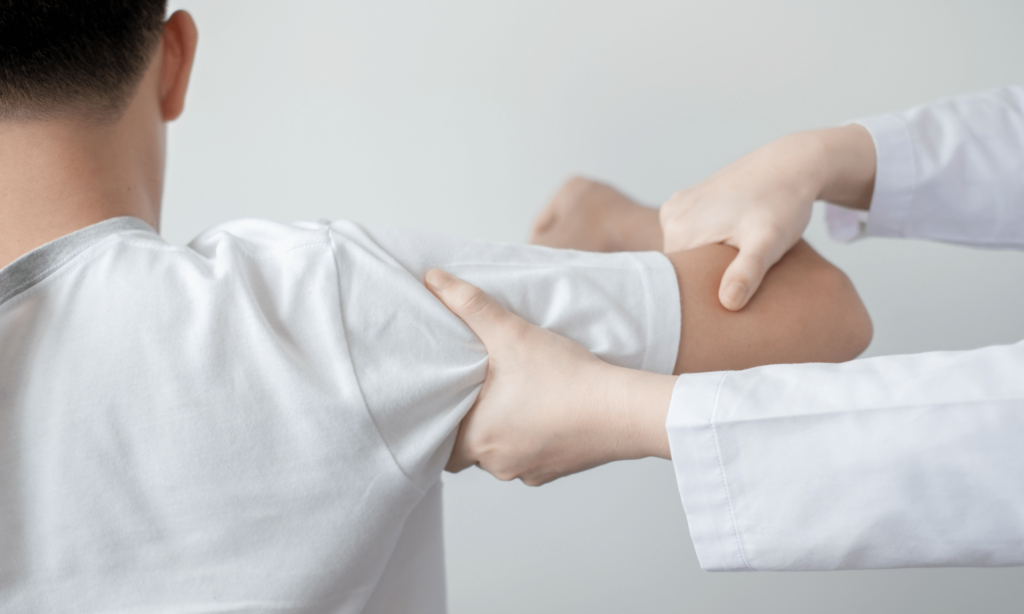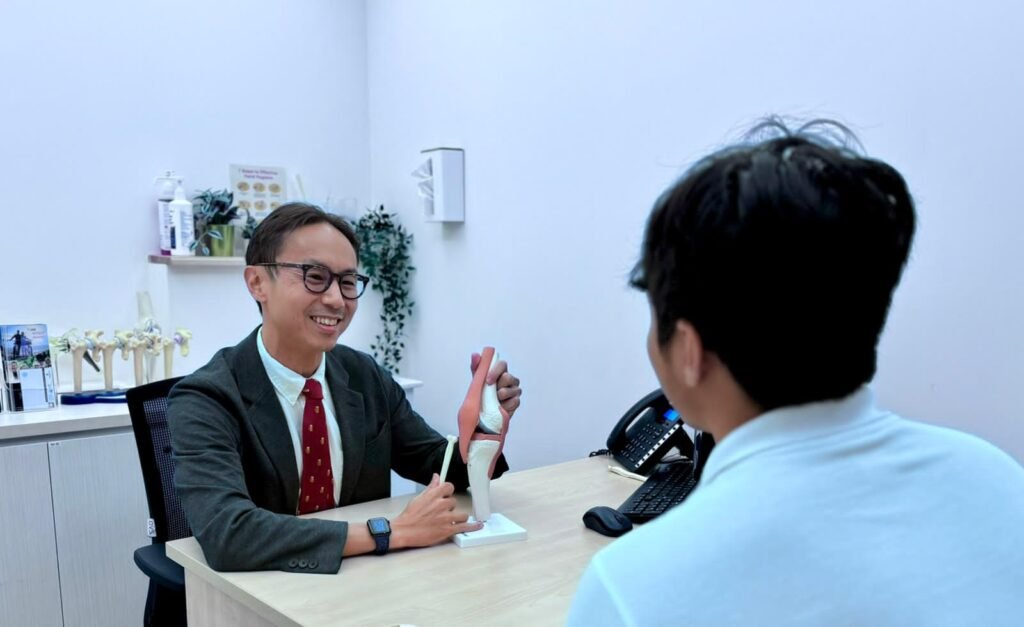Rotator cuff injuries are among the most prevalent shoulder ailments affecting athletes across various sports. The rotator cuff consists of four key muscles supraspinatus, infraspinatus, teres minor, and subscapularis that work together to stabilise the shoulder joint and enable a wide range of arm movements. When these muscles and their associated tendons become damaged or inflamed, it can lead to debilitating conditions, including shoulder impingement syndrome. This condition is particularly common in athletes and can significantly hinder performance, making it crucial to understand its causes, prevention strategies, and recovery processes.



Shoulder impingement syndrome occurs when the tendons of the rotator cuff become compressed during shoulder movements, often resulting in pain, weakness, and a limited range of motion. Athletes typically experience chronic pain, especially during overhead activities such as throwing, swimming, or serving in tennis. Symptoms may include tenderness in the shoulder, a sensation of clicking or popping, and difficulty lifting the arm. Given that these symptoms can mirror other injuries, athletes experiencing discomfort should seek medical attention, particularly in regions like Singapore, where specialised sports medicine services can provide accurate diagnosis and treatment options.



Preventing rotator cuff injuries requires a multifaceted approach that combines strength training, flexibility exercises, and proper technique. Strengthening the muscles surrounding the shoulder is vital for enhancing stability. Key exercises include resistance band workouts for rotator cuff strengthening, along with scapular stabilisation exercises such as rows and wall slides. These workouts help build strength in the muscles that support the shoulder blade, which is essential for overall shoulder health. Additionally, maintaining flexibility through dynamic stretching during warm-ups and static stretching during cool-downs is crucial for preventing injuries. Important stretches like the shoulder cross-body stretch and doorway stretch can enhance shoulder mobility and reduce the risk of strains.
Proper technique during training and competition is another critical factor in preventing rotator cuff injuries. Athletes should be mindful of their form and seek guidance from coaches or trainers to refine their techniques. Poor mechanics can place undue stress on the shoulder joint, increasing the likelihood of injury. Moreover, gradually increasing the intensity and volume of training when returning from a break or starting a new regimen is vital. Sudden spikes in activity can overload the rotator cuff, leading to injury.
If a rotator cuff injury does occur, prompt treatment is essential for effective recovery. Initial management typically focuses on reducing pain and inflammation through rest, ice therapy, and medications like nonsteroidal anti-inflammatory drugs (NSAIDs). These steps help manage symptoms and facilitate the healing process. Following initial care, physical therapy becomes a cornerstone of rehabilitation. A trained therapist can develop a personalised program that includes strengthening exercises and range-of-motion activities to restore function and prevent further
injuries.
In some cases, if conservative treatments do not provide adequate relief, advanced options may be necessary. In Singapore, specialised sports medicine clinics offer various interventions, including corticosteroid injections for temporary relief and surgical options for more severe injuries. Surgical intervention may involve repairing torn tendons or addressing impingement, helping athletes return to their sport more effectively.
Rotator cuff injuries, including shoulder impingement syndrome, pose significant challenges for athletes, but they can often be prevented through proper training, technique, and awareness. By focusing on strengthening and flexibility, athletes can reduce their risk of injury. Should an injury occur, timely and appropriate treatment is crucial for successful recovery. With access to specialised care, athletes can manage and overcome these injuries, allowing them to continue pursuing their passions while safeguarding their shoulder health.
Elevate your performance with Apex Sports Clinic! Schedule an appointment today for personalized, expert care in optimizing your athletic potential.


